Schawarma Spices Unveiled: 7 Secrets to Mastering the Middle Eastern Magic!
Have you ever taken a bite of perfectly seasoned schawarma and felt like you were instantly transported to a bustling souk in Istanbul or Beirut? That’s the magic of schawarma spices — a complex blend of flavors that turns humble meat into a mouthwatering masterpiece. Whether you're a culinary pro or just someone who loves to recreate that street food vibe at home, understanding the nuances of these spices is your golden ticket to flavor town.
In this article, we’ll unravel the secrets behind authentic schawarma spice blends, explore their origins, and give you actionable tips to elevate your next meaty adventure. Buckle up — it's going to be a delicious ride!
Table of Contents
- The Origins of Schawarma Spices
- The Essential Spices in a Classic Schawarma Blend
- Regional Variations: How Different Countries Flavor Their Schawarma
- How to Make Your Own Homemade Schawarma Spice Blend
- Pro Tips for Using Schawarma Spices Like a Chef
- Storage Hacks to Keep Your Spices Fresh Longer
- Modern Twists on Traditional Schawarma Flavors
The Origins of Schawarma Spices
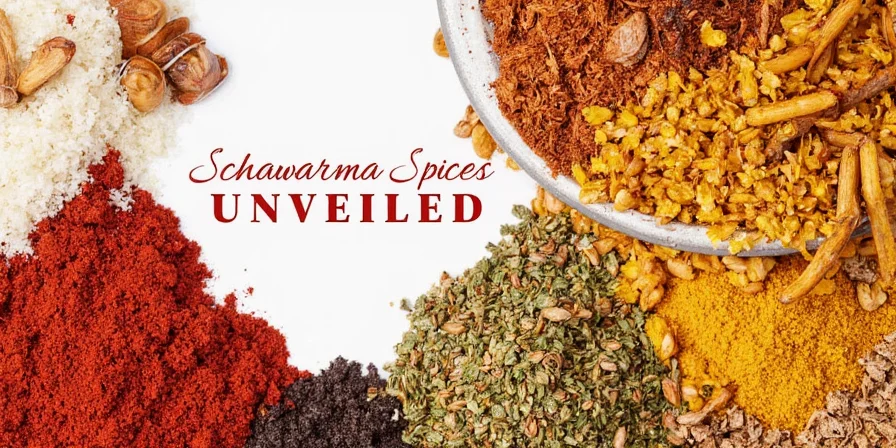
Schawarma, derived from the Turkish word "çevirme" meaning "turning," has deep roots in Ottoman cuisine. It traveled across borders, adapting local flavors along the way. The spice blends used in schawarma reflect this journey — they’re a harmonious mix of Middle Eastern, Mediterranean, and even Indian influences.
Historically, the slow-roasting method of preparing schawarma meant that spices needed to withstand long cooking times without burning. Hence, warm, earthy, and slightly sweet notes became the signature of a good schawarma spice mix. These aromatics not only season the meat but also help tenderize it and create that beautiful crust when seared on the spit.
The Essential Spices in a Classic Schawarma Blend
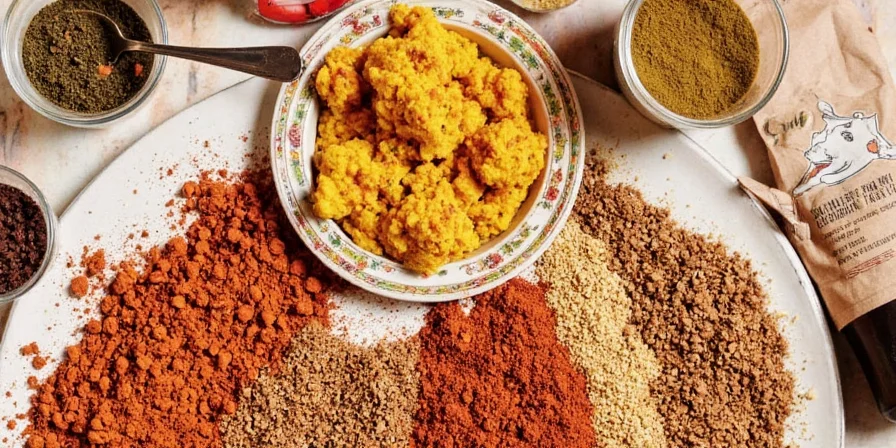
A classic Middle Eastern schawarma spice blend typically includes the following core ingredients:
- Cumin: Adds a warm, nutty depth
- Paprika: Brings color and subtle smokiness
- Turmeric: Lends an earthy warmth and vibrant yellow hue
- Allspice: A sweet-spicy note reminiscent of cinnamon and clove
- Coriander: Brightens the overall profile with citrusy tones
- Black Pepper: For a gentle heat and complexity
- Garlic Powder: Adds savory umami backbone
- Sumac: Optional but adds tanginess and brightness
| Spice | Flavor Profile | Role in Schawarma |
|---|---|---|
| Cumin | Earthy, nutty, warm | Bases the spice layer with warmth |
| Paprika | Smoky, sweet | Enhances color and adds mild smokiness |
| Turmeric | Earthy, bitter, vibrant | Adds color and earthy foundation |
| Allspice | Warm, spicy-sweet | Imitates clove/cinnamon notes without overpowering |
| Coriander | Fruity, lemony | Lifts the blend and balances heavier spices |
Regional Variations: How Different Countries Flavor Their Schawarma
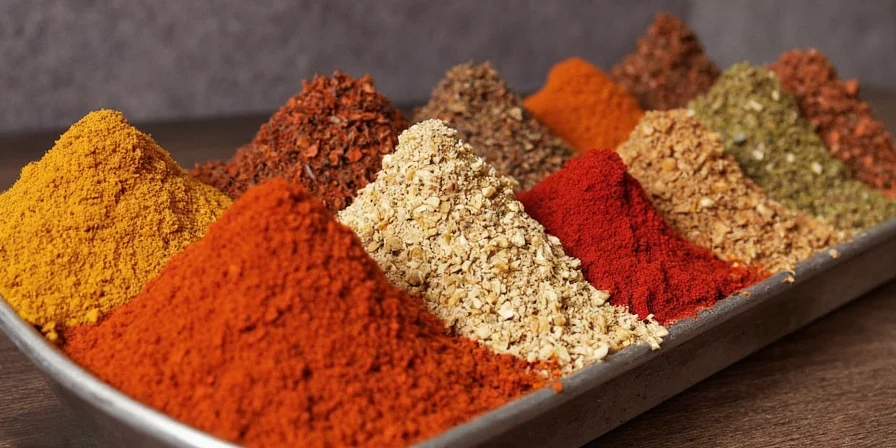
While the base remains consistent across regions, each country adds its own twist. Here’s how different cuisines put their stamp on the iconic dish:
- Lebanon & Syria: Often include more sumac and parsley in marinades; lighter, brighter flavor.
- Egypt: Uses tahini-based sauces and sometimes adds dried mint to the spice rub.
- Turkey: May use isot (Urfa pepper), which gives a raisiny, smoky kick; often paired with yogurt sauces.
- Israel/Palestine: Known for using amba (mango pickle) sauce and za’atar-infused dressings.
- Gulf Arab Countries: Tend to go heavier on cardamom and cloves, creating a spicier, sweeter aroma.
How to Make Your Own Homemade Schawarma Spice Blend
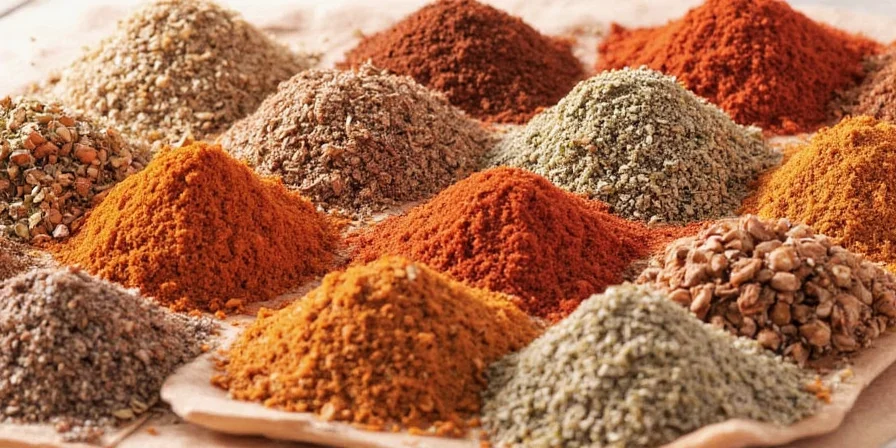
Ready to make your own blend? Here’s a simple recipe you can whip up in minutes:
Classic Schawarma Spice Blend Recipe
- 2 tbsp ground cumin
- 1 tbsp paprika
- 1 tsp turmeric
- 1 tsp allspice
- 1 tsp coriander powder
- ½ tsp black pepper
- ½ tsp garlic powder
- 1 tsp sumac (optional)
Mix all ingredients thoroughly and store in an airtight container. Use 1–2 tablespoons per pound of meat, depending on desired intensity.
Pro Tips for Using Schawarma Spices Like a Chef

Want your schawarma to rival that of a street vendor or restaurant? Try these expert-level techniques:
- Layer the Marinade: Mix spices with olive oil, lemon juice, and a splash of vinegar for better penetration into the meat.
- Rest Time Matters: Allow chicken or lamb to marinate for at least 4 hours — overnight is best.
- Rub Generously: Don’t skimp on the spice mix. Coat every piece evenly for full flavor coverage.
- Use a Hot Pan or Grill: Sear the meat before finishing in the oven for that irresistible char.
- Toast First: Lightly toast whole spices before grinding for deeper, more aromatic flavor (especially for cumin and coriander).
Storage Hacks to Keep Your Spices Fresh Longer
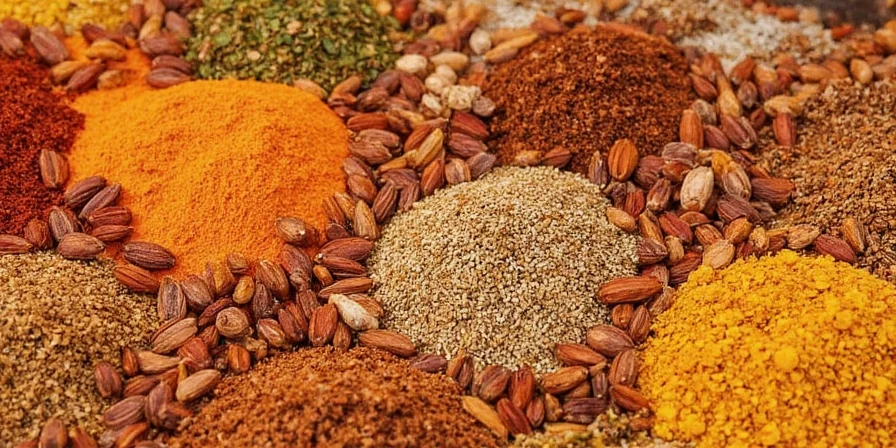
Spices are like wine — they age, but not always gracefully. Here’s how to keep your schawarma spice stash tasting fresh:
- Away from Light & Heat: Store spices in a cool, dark cupboard away from the stove.
- Use Glass Jars: Opt for airtight glass containers over plastic — they preserve potency longer.
- Label Everything: Date your spice mixes so you know when to refresh them (most spice blends stay potent for 6 months).
- Buy Whole When Possible: Grind cumin, coriander, and peppercorns just before use for maximum freshness.
Modern Twists on Traditional Schawarma Flavors
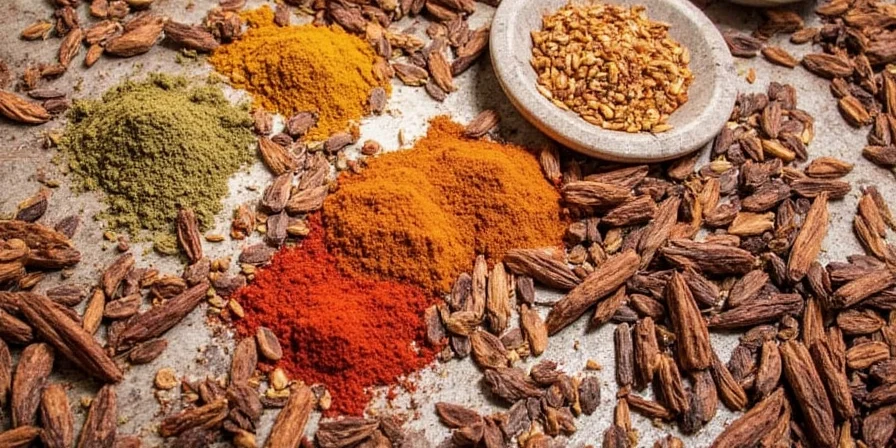
Why stick to tradition when you can play around with global flavors? Here are some fun ways to modernize your schawarma game:
- Mexican Fusion: Swap tzatziki for guacamole or chipotle mayo and add jalapeños to the wrap.
- East Meets West: Use miso paste in the marinade and serve in a bao bun instead of pita.
- Vegetarian Version: Marinate cauliflower or portobello mushrooms with schawarma spices and roast until golden.
- Korean-Inspired: Add gochujang to the spice rub and serve with kimchi slaw.
Conclusion
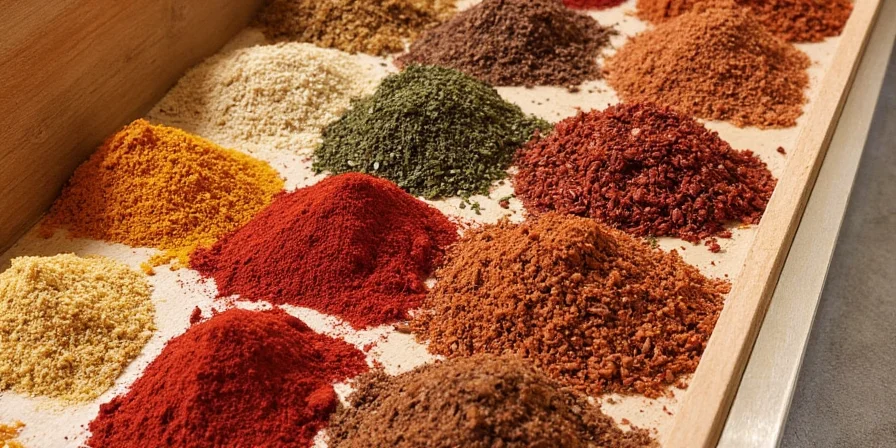
Mastering schawarma spices isn't just about following a recipe — it's about understanding how flavors work together, respecting the traditions behind them, and having fun experimenting with new combinations. Whether you're a professional chef or a weekend warrior in the kitchen, this blend of aromatics can transform everyday meals into something special.
So grab your spice jar, fire up the grill, and get ready to impress your taste buds (and maybe your friends and family). The road to the perfect schawarma starts with a single pinch of cumin…

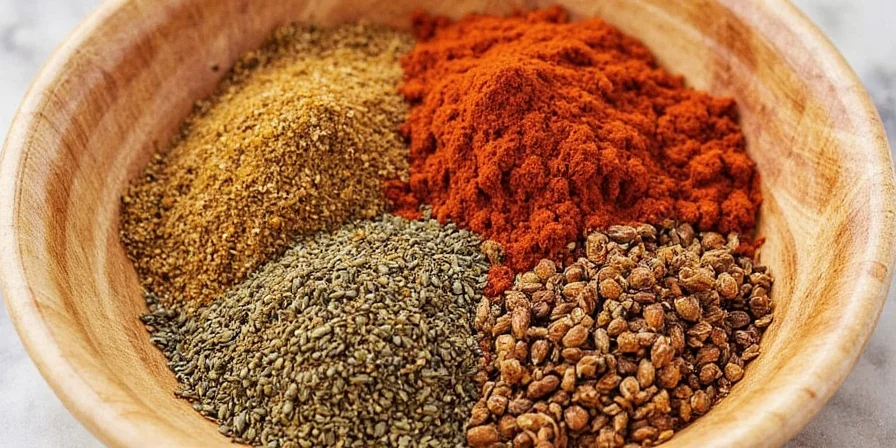









 浙公网安备
33010002000092号
浙公网安备
33010002000092号 浙B2-20120091-4
浙B2-20120091-4